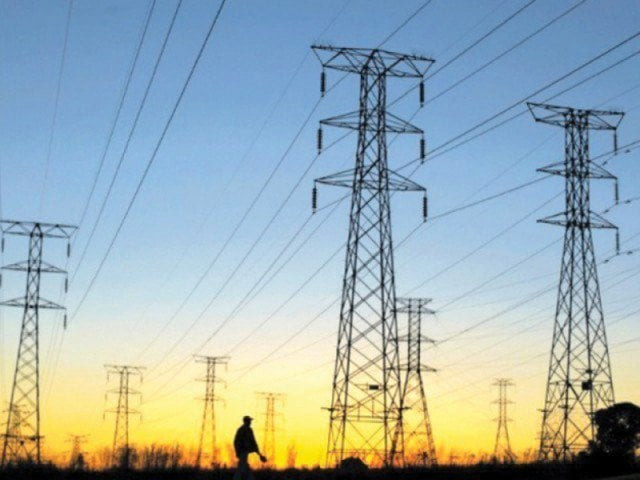Circular debt of Rs1.1tr passed on to new govt
Annual interest of Rs153b is paid on loans taken to deal with debt

The power sector is to receive Rs817.5 billion from private and government clients. On the other hand, power consumers are paying Rs159 billion on account of taxes in electricity bills. PHOTO: FILE
The PML-N had come up with a slogan in 2013 that it would bring load-shedding to an end during its five-year tenure. It solely focused on setting up thermal power plants to increase electricity production, but failed to streamline and upgrade the transmission and distribution network, which could not bear the load of additional power generation.
Of late, the circular debt has become a mammoth challenge for all governments, including the Pakistan Peoples Party (PPP), which ran the government from 2008-13. The situation is no different for the new government which will have to deal with a debt burden of over Rs1 trillion.
After PML-N era: Circular debt comes down from Rs573b to Rs499b
In a meeting of the Senate special committee on circular debt on Friday, officials of the Ministry of Energy (Power Division) revealed that out of the total circular debt, Power Holding Private Limited (PHPL) had borrowed Rs582.86 billion whereas Rs566 billion was borrowed to cover receivables of power distribution companies.
The meeting, chaired by Senator Shibli Faraz, was informed that PHPL was to pay Rs153 billion in annual interest on the loans.
The Power Division had also requested the power-sector regulator to include the amount in consumer tariff, but the National Electric Power Regulatory Authority (Nepra) dismissed the plea. Nepra argued that the loans were not part of the development budget and were acquired for smoothly running the distribution companies.
The committee was told that the power sector was to receive Rs817.5 billion from private and government clients. On the other hand, power consumers were paying Rs159 billion on account of taxes in electricity bills.
Banks refuse to lend further for circular debt reduction
It was revealed that the Central Power Purchasing Agency (CPPA) was receiving Rs66 billion out of the Rs100 billion charged in electricity bills.
During the meeting, the committee chairman and Senator Musaddik Malik traded allegations.
Faraz held the PML-N government responsible for the mess in power sector, to which Malik responded by saying he would walk out if his opinion was not heard. The committee chairman told Malik that he was disturbing environment of the meeting.
Malik argued that it was not possible to stop theft without installing smart meters, adding the loan offered by the Asian Development Bank (ADB) for the purpose had some drawbacks.
He emphasised that the government would have to bring improvement and efficiency in those power distribution companies where theft and losses stood quite high.
As circular debt soars past Rs922b, govt reimposes power surcharges
The committee noted that the circular debt would rise further after the production of electricity by new plants. Responding to that, Power Division officials said the government would have to enforce load-shedding in areas where losses and theft were high.
Published in The Express Tribune, August 18th, 2018.
Like Business on Facebook, follow @TribuneBiz on Twitter to stay informed and join in the conversation.



















COMMENTS
Comments are moderated and generally will be posted if they are on-topic and not abusive.
For more information, please see our Comments FAQ